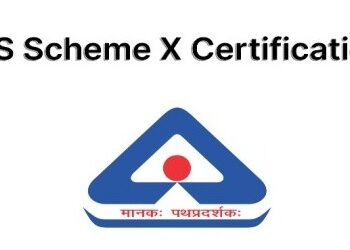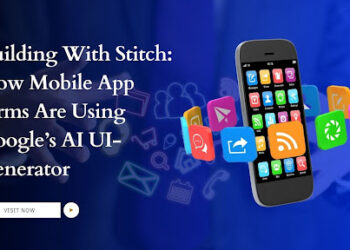The real estate market is undergoing a revolutionary shift with the rise of tokenization. Real estate tokenization allows property assets to be divided into digital tokens on a blockchain network, making them easier to trade, fractionalize, and invest in globally.
With global property markets becoming increasingly digital, launching a real estate tokenization platform in 2025 is a timely and profitable venture.
In this blog, we’ll walk you through the step-by-step process of building a real estate tokenization platform and then provide a comprehensive cost breakdown to help you plan your investment effectively.
Step-by-Step Development Process for Real Estate Tokenization Platform
Building a real estate tokenization platform involves technical expertise, legal compliance, and a robust blockchain infrastructure. Below is a step-by-step guide to help you navigate the development journey that you will avail in a real estate tokenization development services.
Define Your Business Model and Token Structure
Start by deciding whether you’ll tokenize commercial properties, residential assets, or REITs. Choose a token type, equity, utility, or debt-backed and define rights like revenue sharing, voting, or asset ownership. This will directly influence your platform’s architecture and compliance structure.
Conduct Legal and Regulatory Research
Real estate tokenization is heavily regulated. Work with legal experts to ensure compliance with securities laws in target markets such as the U.S., Europe, or Asia. You’ll need to establish clear KYC/AML policies and draft token issuance documents, such as prospectuses and whitepapers.
Choose the Right Blockchain Network
Select a blockchain that balances scalability, security, and smart contract capabilities. Popular choices include Ethereum, Polygon, Solana, or private permissioned blockchains like Hyperledger Fabric. The right chain will influence transaction speed, cost, and future scalability.
Design the User Interface and User Experience (UI/UX)
A well-designed UI/UX ensures ease of navigation for property investors, issuers, and administrators. Include key features such as property listings, real-time token prices, wallet integration, KYC verification flow, and a user-friendly dashboard.
Smart Contract Development
Develop smart contracts to automate token issuance, transactions, and dividend payouts. Ensure these contracts are thoroughly tested and audited for security and functionality. Smart contracts are central to trust and transparency in real estate tokenization.
Build Core Platform Modules
Divide the platform into key modules:
- Investor Panel: For onboarding, token purchase, portfolio tracking.
- Issuer Panel: For uploading property details, managing offerings.
- Admin Dashboard: For managing users, compliance, and transactions.
- Blockchain Wallet Integration: To store and manage tokens securely.
- KYC/AML Module: To verify user identity and comply with regulations.
- Secondary Marketplace (Optional): To allow token resale among investors.
Integrate Tokenization and Custody Services
Partner with third-party custodians or develop in-house custody to hold physical property documentation. Ensure token-to-asset backing is traceable. Real estate NFTs or digital certificates can be linked for added credibility.
Test the Platform Thoroughly
Conduct alpha and beta testing of the platform with real users. This includes UI tests, penetration tests, smart contract audits, and performance/load testing. Fix bugs and optimize performance before launch.
Launch MVP (Minimum Viable Product)
Release a basic version with core functionalities. Gather feedback from early users and improve based on their experience. Ensure a smooth onboarding experience for both issuers and investors.
Go Live with Full-Scale Operations
Once the MVP is optimized, launch the complete version with advanced features such as investment analytics, token resale, and multi-asset support. Start marketing and onboard real estate partners to attract liquidity.
Real Estate Tokenization Platform Development Cost in 2025
The cost of building a real estate tokenization platform depends on factors like complexity, chosen blockchain, geographic regulations, design requirements, and development models (in-house vs. outsourcing). Here’s a general cost breakdown for 2025.




Total estimated cost for real estate tokenization platform development can be anywhere between $100,000 – $220,000.
Final Words
Real estate tokenization is transforming how property investments are accessed, managed, and traded in 2025. By leveraging blockchain technology, businesses can open up new avenues for fractional ownership, global investor participation, and enhanced liquidity in the property market.
Developing a real estate tokenization platform involves a clear understanding of technical architecture, legal frameworks, and investor needs.
Whether you’re a startup or an established real estate firm, now is the right time to embrace this innovation and gain a competitive edge. With the right strategy and development partner, your tokenized real estate platform can unlock new growth opportunities and reshape traditional investment models.
As a leading cryptocurrency development firm, Technoloader offers tailored solutions for real estate tokenization platforms with complete legal, technical, and operational guidance.
From smart contracts to UI design and compliance tools, we deliver everything needed to tokenize your property assets securely and efficiently.
Start your tokenization journey today with Technoloader! Get a free consultation now.






























































